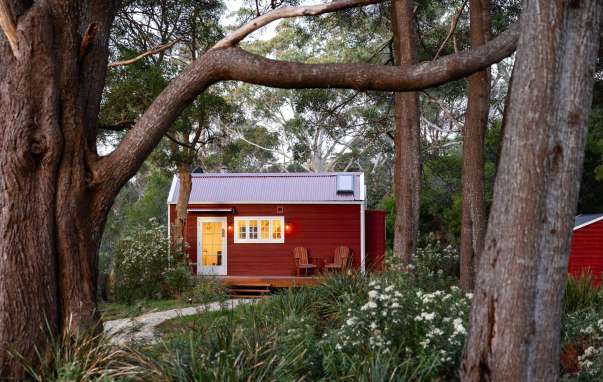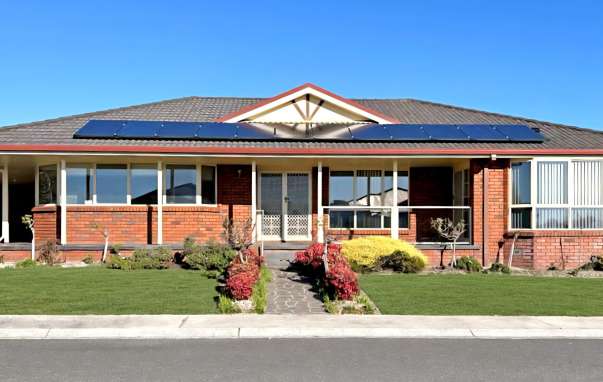Being a landlord in South Australia involves more than just collecting rent. It means complying with specific laws and regulations designed to protect both property owners and tenants. Understanding these responsibilities is essential for avoiding legal trouble and ensuring a smooth rental experience. A comprehensive rental guide for SA landlords outlines all the key legal obligations landlords must follow. Let’s explore what these responsibilities include and how to stay compliant.
Providing a Safe and Habitable Property
The first legal responsibility for any landlord is to ensure the rental property is safe, secure, and fit for living. This obligation begins before a lease is even signed and continues throughout the tenancy.
Key requirements include:
· Maintaining structural integrity of the property (roof, floors, windows, walls).
· Ensuring all electrical wiring, gas connections, and plumbing are in good working order.
· Complying with fire safety laws, including installing and maintaining smoke alarms.
· Providing secure locks on all doors and windows.
· Keeping the property free from health hazards like mould, pests, or faulty wiring.
Landlords who list properties through For Sale By Home Owner often benefit from their access to helpful checklists and safety guides tailored for South Australian regulations.
Using a Valid Lease Agreement
A valid lease agreement is more than a handshake—it's a legal document that outlines the terms of the tenancy. South Australian law requires landlords to use a standard form tenancy agreement for residential leases.
Legal responsibilities under this agreement include:
· Specifying the length of the lease (fixed or periodic).
· Listing the amount of rent and how it must be paid.
· Defining the bond amount and payment process.
· Including special conditions (e.g. pet ownership, maintenance duties) where agreed.
· Clearly stating the rights and responsibilities of both parties.
The lease must be provided to the tenant within 21 days of signing. The agreement should also include a copy of the Information Statement from Consumer and Business Services (CBS), which is a legal requirement.

Lodging the Bond with CBS
Landlords must lodge any bond received from a tenant with Consumer and Business Services SA within 14 days. The bond acts as security for any damage, unpaid rent, or breaches of the lease agreement.
As part of your legal obligations:
· Provide the tenant with a bond lodgement receipt.
· Ensure the amount complies with legal limits—typically not more than four weeks' rent unless the rent is over $800 per week.
· Return the bond promptly at the end of the lease, less any agreed deductions.
Failure to lodge the bond properly can lead to fines and disputes, which is why resources like the rental guide for SA landlords are essential reading for property owners.
Maintenance and Repairs
Maintaining the rental property during the lease period is a core responsibility. Landlords must respond promptly to repair requests and keep the premises in reasonable condition.
Legal requirements include:
· Handling urgent repairs (e.g. burst pipes, gas leaks) within 24–48 hours.
· Managing general repairs in a reasonable timeframe.
· Notifying tenants in advance before accessing the property for repairs.
· Ensuring all systems—electrical, plumbing, heating, etc.—remain in good working order.
If tenants suffer inconvenience or damage due to neglect, landlords can be held financially liable.
Routine Inspections and Entry Rules
Landlords are allowed to inspect the property during the lease but must follow legal procedures. According to SA tenancy law:
· Inspections can be done no more than once every 4 weeks unless the tenant agrees otherwise.
· At least 7 days’ written notice must be given.
· Entry must occur between 8 a.m. and 8 p.m., not on public holidays.
· The tenant may be present but is not required to be.
Respecting a tenant’s privacy while fulfilling your inspection duties is part of being a responsible landlord.

Ending the Tenancy Legally
There are strict procedures in place for ending a tenancy, and landlords must follow them closely to avoid breaching the law.
Key legal responsibilities include:
· Providing the correct notice period—typically 28 days for ending a fixed-term lease at its expiry.
· Using the appropriate written notice form, which must be delivered in the correct way.
· Returning the bond promptly, minus any deductions agreed upon.
· Conducting a final property inspection with the tenant present, where possible.
Improper eviction or failure to follow procedure can lead to legal penalties.
Record Keeping and Documentation
Landlords must maintain accurate and up-to-date records related to the tenancy. This includes:
· Copies of the signed lease agreement.
· Rent receipts and payment records.
· Maintenance logs and repair invoices.
· Inspection reports and photos.
These records not only help in the event of a dispute but are also required for taxation and legal purposes.
Final Thoughts
Understanding and fulfilling legal responsibilities is a critical part of being a landlord in South Australia. A detailed rental guide for SA landlords provides clarity on key obligations—from providing a safe home to lodging bonds and handling repairs correctly. Landlords who use platforms like For Sale By Home Owner benefit from easy access to compliant forms, legal support, and updated resources tailored to SA regulations. By staying informed and organised, landlords can manage their properties with confidence and peace of mind.






